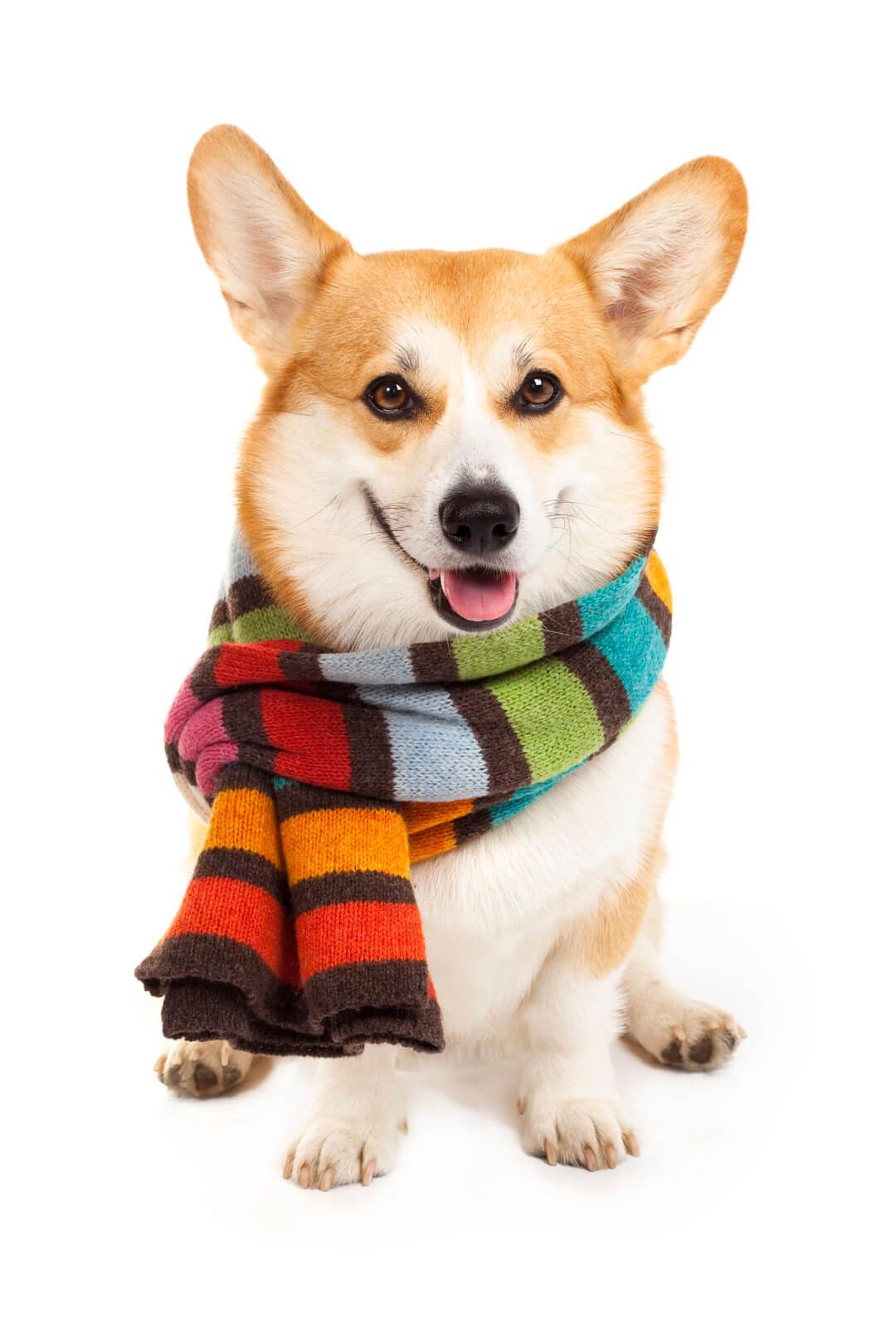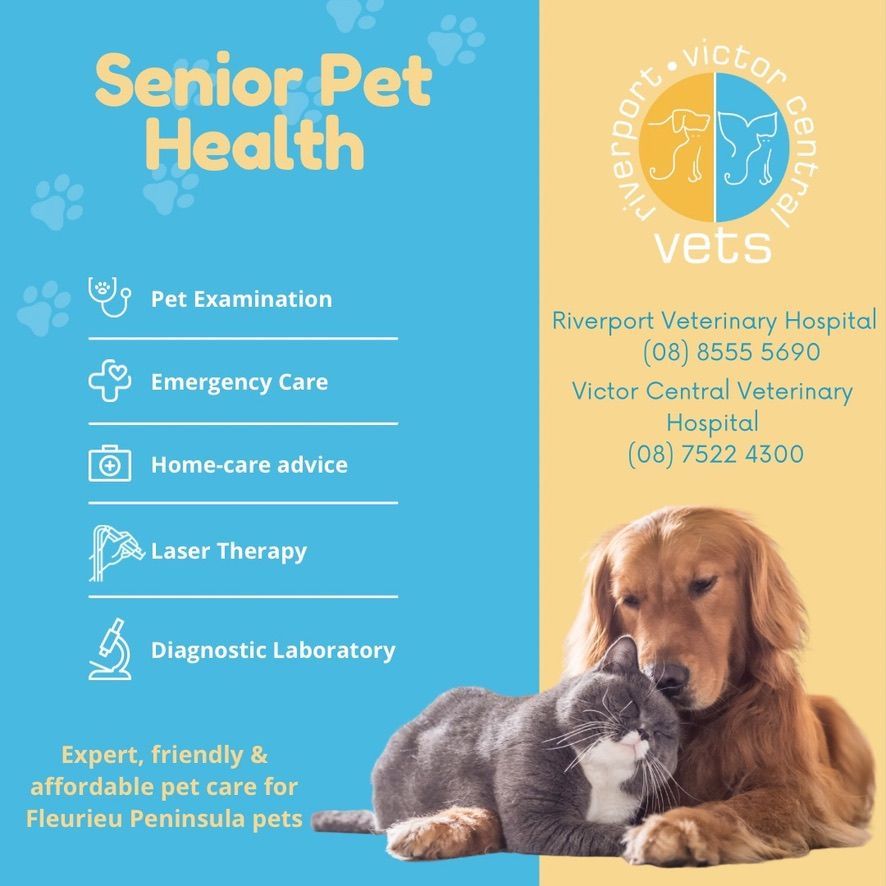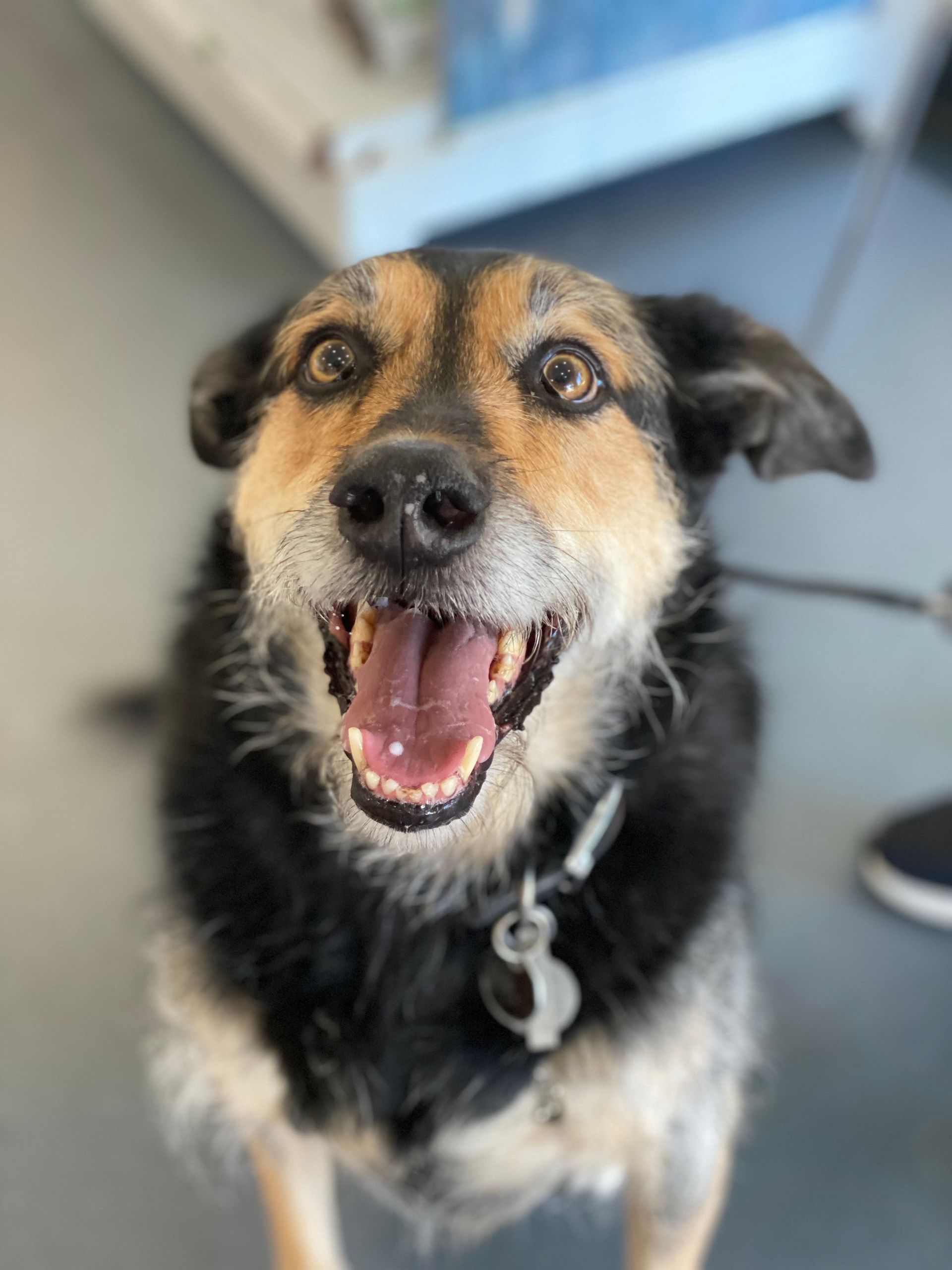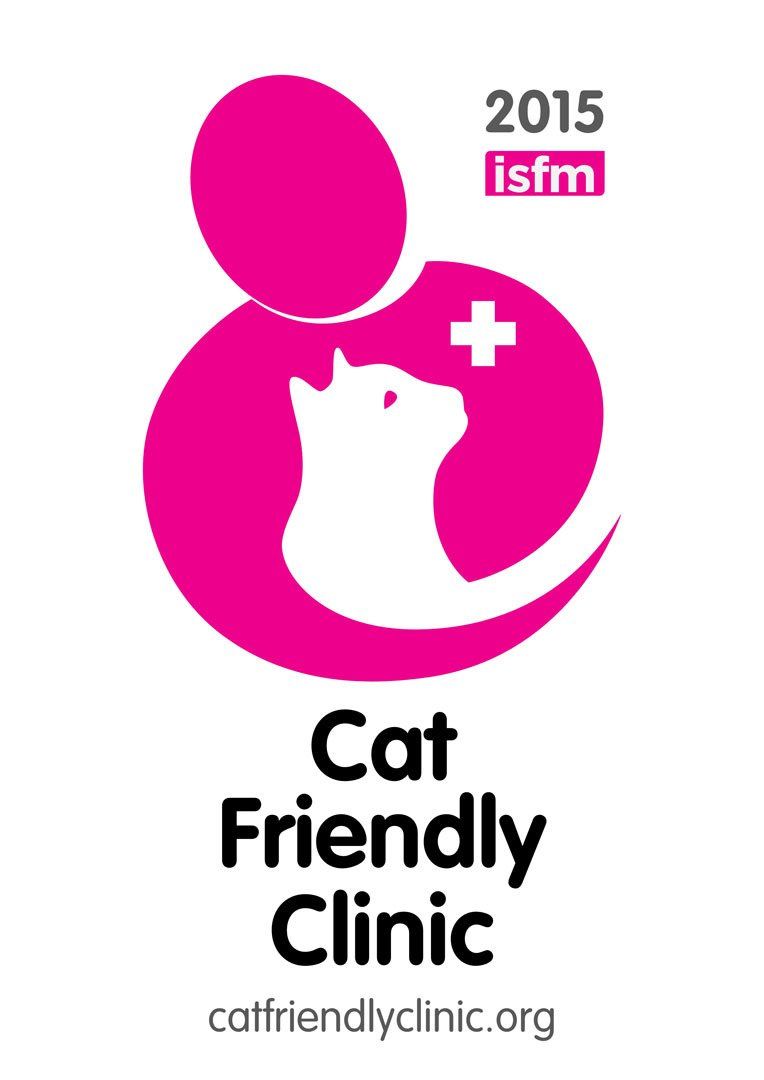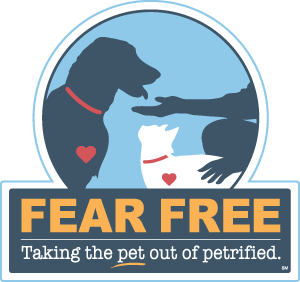Blog
Canine Cough (Aka. the Dreaded Kennel Cough)
20 June 2019
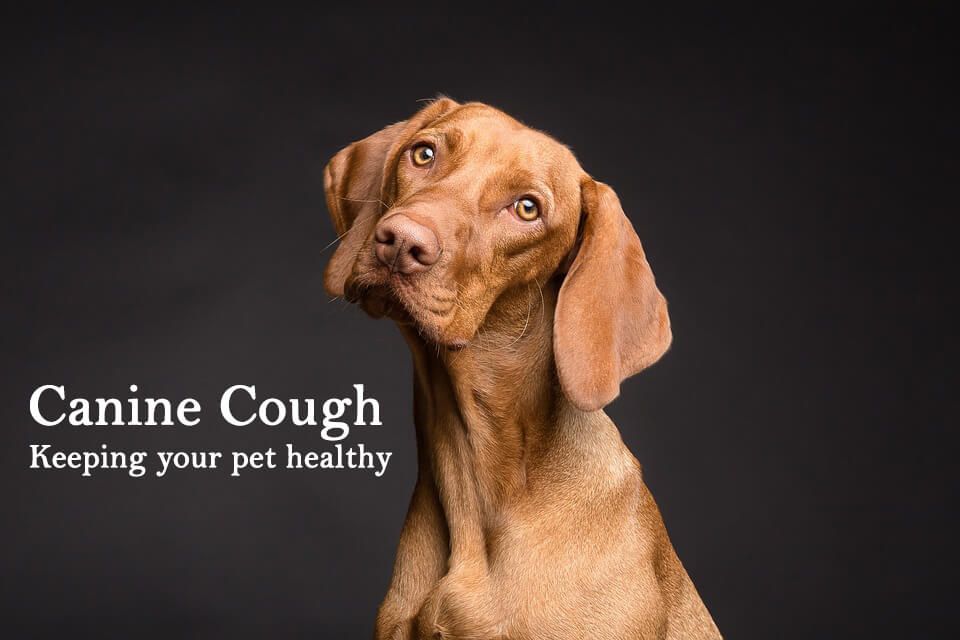
A simple cough. You’d know what to do if you had a cough – cough syrup. You’d know what to do if your partner had a cough – tell them to harden up. But your dog? Your beloved pooch! What do you do then?
Let’s put your mind to ease to start with. If you have a dog that doesn’t have an underlying heart condition, and are otherwise happy and healthy, you’re probably dealing with canine cough (aka Kennel Cough) – a contagious, but thankfully self-resolving upper respiratory infection.
What Is Canine Cough?
Canine cough is a common infectious disease of dogs contracted from other infected dogs. It goes by many names – canine cough, kennel cough, infectious tracheobronchitis, canine infectious respiratory disease and even ahhh! help my pooch has a tickly throat!
Most causes of the canine cough infection are caused by one or more viruses, much like the “common cold” in humans. There can also be secondary bacterial infection.
The clinical signs (symptoms) are:
- coughing (usually a loud hacking or honking cough, often occurring in bouts which may result in retching),
- coughing white foam,
- sneezing,
- a watery nasal and/ or ocular discharge and
- mild lethargy.
But Wait – Isn’t My Dog Fully Vaccinated Against Canine Cough?
Yes! If you have kept up to date with your vaccinations recommended by your vet, your dog is vaccinated every year against Canine Cough. However the vaccination is against one of the most common viruses and the most common bacteria that causes Canine Cough. It does not protect against all possible viral and bacterial causes. Unfortunately it seems that the latest outbreak of Canine Cough may be related to one of these other strains of virus.
VACCINATION IS STILL WORTHWHILE AS IT STILL DECREASES THE RISK OF INFECTION AND ALSO THE SEVERITY OF DISEASE IF YOUR PET DOES BECOME INFECTED!
How Is It Diagnosed?
Most of the time Canine Cough can be diagnosed based on the signs your dog is displaying, the physical exam and the history you provide your vet. If your pet is very unwell your vet may recommend radiographs of the chest to rule out pneumonia.
How Is It Treated?
Canine Cough is infections are usually self-resolving within a week to 10 days; indeed many upper respiratory infections are subclinical (may go unnoticed). Cough suppressants may be prescribed if the cough is really bothering you or your pet.
Rarely, if your pet is systemically unwell (fever, not eating or drinking, has pneumonia) then antibiotics or sometimes even hospitalisation may be required.
When to Seek Treatment?
Veterinary advice should be sought where signs like coughing persist longer than a week with no sign of improvement. Rarely Canine Cough can result in a life-threatening pneumonia and which needs to be recognized and treated early.
Clinical signs which should prompt earlier veterinary intervention would include loss of appetite, pyrexia (fever), a mucoid nasal discharge or severe lethargy.
How to Prevent Your Dog Getting Canine Cough?
Vaccination is available to help reduce the chances of becoming infected. Whilst not 100% effective at preventing disease, vaccines can reduce the severity and duration of the infection.
Canine Cough is highly contagious. Key to prevention and control of Canine Cough is strict hygiene and sanitation such as preventing an infected dog from mixing with others until free from signs and thorough disinfection of food and water bowls, leads, etc.
So Please Keep Your Coughing Pets at Home to Prevent Spreading It on to Other Dogs. Canine Cough Cannot Spread to Cats and Humans.
As always, if you have any concerns or questions, our teams at Riverport Veterinary Hospital and Victor Central Vets are more than happy to help!

Cats love getting into things they shouldn’t. It might be stealing your socks. It might be clawing the couch. It might even be eating that roast you left out to cool while you set the table. They sense your disapproval and go for it! But what are the things they really shouldn’t get into? In this blog we’ll look at the top three toxicities we see at our clinic in cats, the signs to look out for and the harm it causes. Other toxicities include onions, garlic, chocolate, grapes, some human medicines, rat bait, snail bait and fertilisers. For any of these conditions, call your vet IMMEDIATELY if your animal has ingested these products.
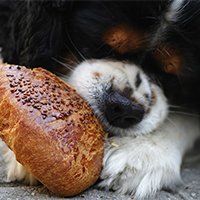
Grain-free pet food is the latest craze sweeping the pet industry – diets that are free from grain ‘fillers’ and thus seen as more natural and healthier. But is this really the case? Having a healthy pet often starts in the food bowl. Our furry friends are a part of the family, and so they deserve the best. But what is the best? There are so many specialty foods, brands and prices that it’s hard to know what your pooch or kitty needs. At the end of the day – like you – your pet needs a complete diet. Deficiencies can result in disease, decreased energy and shorter life expectancy – so we know that a healthy diet is essential. Please know that this is not a blog trying to poo-poo grain-free diets – they certainly have a place in the nutrition world and in many cases it is a step in the right direction. What we’re trying to do is keep you informed so you can make the best decisions for your animal’s health. The first thing we should understand is why are people keen on grain-free pet foods, and the truth behind the perceived benefits? Before we start however, let’s clear up a couple of things: Grains are not the only carbohydrates in pet food. Carbohydrates include cereal/grains, starch (potatoes), glucose/fructose (fruits). Carbohydrates as a whole are the main concerning content in pet food as they provide the majority of calorie content. So, why are grain-free pet foods so popular, and what’s the truth behind them?






